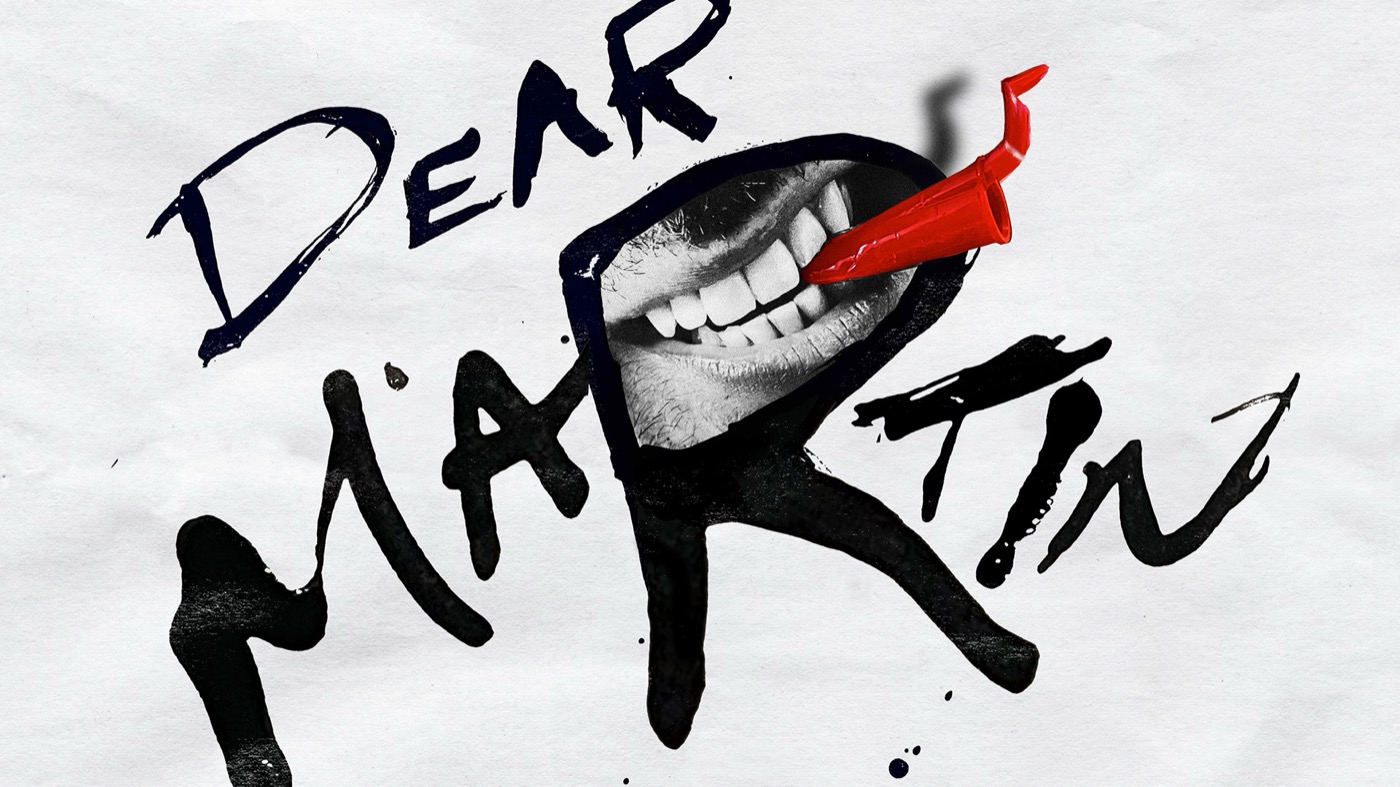In her debut play, ‘Dear Martin‘, Madeleine Brettingham dives into the complexities of human connection through dark humor and sharp wit. Set to premiere at the Arcola Theatre, the play explores an unexpected friendship between a psychopath and his lover’s unsuspecting husband. In this interview, Brettingham shares her creative journey, the inspiration behind her unconventional characters, and how East London’s raw energy helped shape this darkly comic masterpiece.
What inspired you to write “Dear Martin,” a play that navigates the complexities of connection, mental health, and redemption through such unconventional characters?
I had the idea for the inciting incident and it made me laugh. As I pulled at the thread, I realised I was more and more compelled by the characters and situation in a way that suggested there was something at stake for me as a writer so I got off my backside and wrote it (in a bit of a mad blur).

How did your extensive background in TV and radio comedy influence your approach to writing a stage play, and what unique challenges did you encounter in this transition?
One of the challenges was letting go of my mental camera. I didn’t realise how firmly lodged it was in my mind! I think in zooms and cutaways. But I like to think the basics of storytelling are the same in both media. Also I’m primarily a comedy writer, so there are jokes in it.
Arcola Theatre is a cornerstone of East London’s vibrant and edgy arts scene. In what ways has the energy of East London shaped the themes and tone of your play?
I originally got in touch with the director Wiebke Green after seeing a play she directed at the Arcola so Dear Martin in its current form wouldn’t exist without it.
“Dear Martin” features an unlikely friendship between a psychopath and a secret lover’s husband. What drew you to explore this unusual dynamic, and what do you hope audiences will take away from their relationship?
Experience! Just kidding. I’ve never written to a psychopath. I don’t know. I hope they’ll have a fraught argument about exactly this on the bus home or in the queue to the toilets. That’s every playwright’s dream.

Balancing dark humor with serious subject matter can be tricky. How do you manage to maintain this equilibrium in your writing without compromising either the comedy or the gravity of the themes?
Chutzpah and hope. I guess life can be a slightly jarring combination of the silly and the serious, so writing in that tone, to me, just feels right.
The play delves into the intricacies of human relationships and the reasons behind why we connect—or fail to connect—with one another. Were there any personal experiences or observations that inspired this exploration?
Too many to go into! (Laughs hollowly).
Collaborating with director Wiebke Green must have brought a fresh perspective to your work. What insights or creative influences did she contribute that helped shape “Dear Martin” for the stage?
Wiebke Green has been a brilliant director and really got behind the play from the start. From the moment we met I felt she really got the themes and characters. I feel very lucky to have her on board.
As “Dear Martin” marks your debut play, how do you see this project influencing your future work as a playwright, and what new directions might you be interested in exploring next?
I’ve always got a zillion ideas on the go, but there are a couple I’m really excited about. I’ve loved the energy of working as part of the brilliant cast and crew to present something for a live audience and it’s been really liberating to explore ideas that have found their natural home outside the world of TV.






